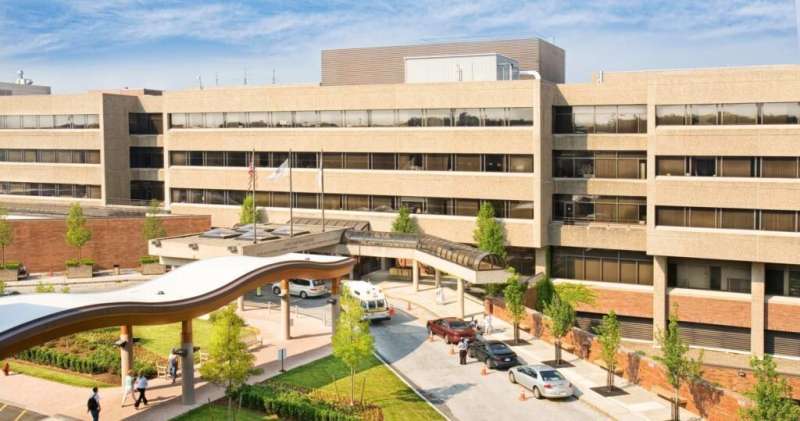Patient wait times reduced thanks to new study

The first known study to explore optimal outpatient exam scheduling given the flexibility of inpatient exams has resulted in shorter wait times for magnetic resonance imaging (MRI) patients at Lahey Hospital & Medical Center in Burlington, Mass. A team of researchers from Dartmouth Engineering and Philips worked to identify sources of delays for MRI procedures at Lahey Hospital in order to optimize scheduling and reduce overall costs for the hospital by 23 percent.
The Dartmouth-led study, "Stochastic programming for outpatient scheduling with flexible inpatient exam accommodation," was sponsored by Philips and recently published by Health Care Management Science in collaboration with Lahey Hospital.
"Excellence in service and positive patient experiences are a primary focus for the hospital. We continuously monitor various aspects of patient experiences and one key indicator is patient wait times," said Christoph Wald, chair of the department of radiology at Lahey Hospital and professor of radiology at Tufts University Medical School. "With a goal of wanting to improve patient wait times, we worked with data science researchers at Philips and Dartmouth to help identify levers for improvement that might be achieved without impeding access."
Prior to working with the researchers, on an average weekday, outpatients at Lahey Hospital waited about 54 minutes from their arrival until the beginning of their exam. Researchers determined that one of the reasons for the routine delays was a complex scheduling system, which must cater to emergency room patients, inpatients, and outpatients; while exams for inpatients are usually flexible and can be delayed if necessary, other appointments cannot.
"Mathematical models and algorithms are crucial to improve the efficiency of healthcare systems, especially in the current crisis we are going through. By analyzing the patient data, we found that delays were prominent because the schedule was not optimal," said first author Yifei Sun, a Dartmouth Engineering Ph.D. candidate. "This research uses optimization and simulation tools to help the MRI centers of Lahey Hospital better plan their schedule to reduce overall cost, which includes patient waiting time."
First, the researchers reviewed data to analyze and identify sources of delays. They then worked on developing a mathematical model to optimize the length of each exam slot and the placement of inpatient exams within the overall schedule. Finally, the researchers developed an algorithm to minimize the wait time and cost associated with exam delays for outpatients, the idle time of equipment, employee overtime, and cancelled inpatient exams.
"This iterative improvement process did result in measurable improvements of patient wait times," said Wald. "The construction and use of a simulation model have been instrumental in educating the Lahey team about the benefits of dissecting workflow components to arrive at an optimized process outcome. We have extended this approach to identify bottlenecks in our interventional radiology workflow and to add additional capacity under the constraints of staffing schedules."
The researchers believe their solutions are broadly applicable, as the issue is common to many mid-sized hospitals throughout the country.
"We also provided suggestions for hospitals that don't have optimization tools or have different priorities, such as patient waiting times or idle machine times," said Sun, who worked on the paper with her advisor Vikrant Vaze, the Stata Family Career Development Associate Professor of Engineering at Dartmouth.
More information: Yifei Sun et al, Stochastic programming for outpatient scheduling with flexible inpatient exam accommodation, Health Care Management Science (2021). DOI: 10.1007/s10729-020-09527-z




















